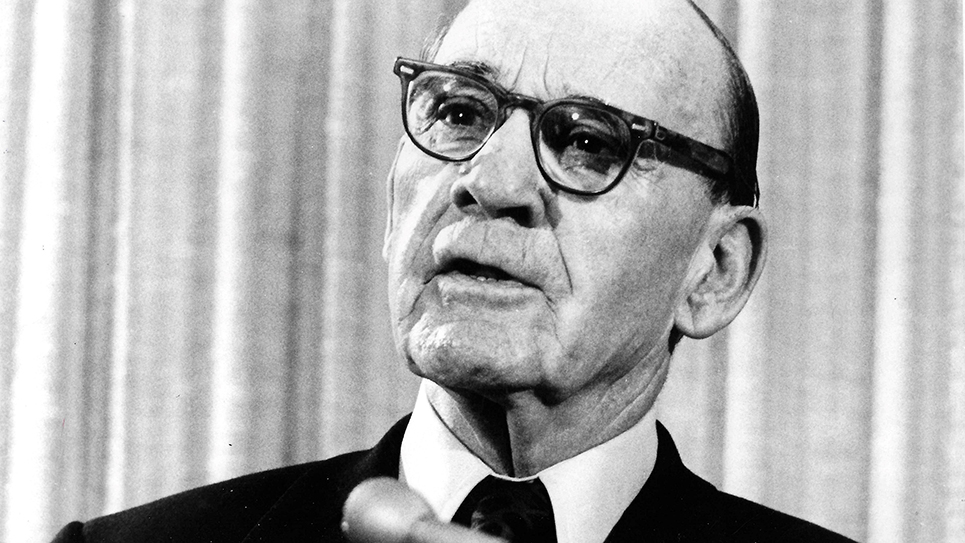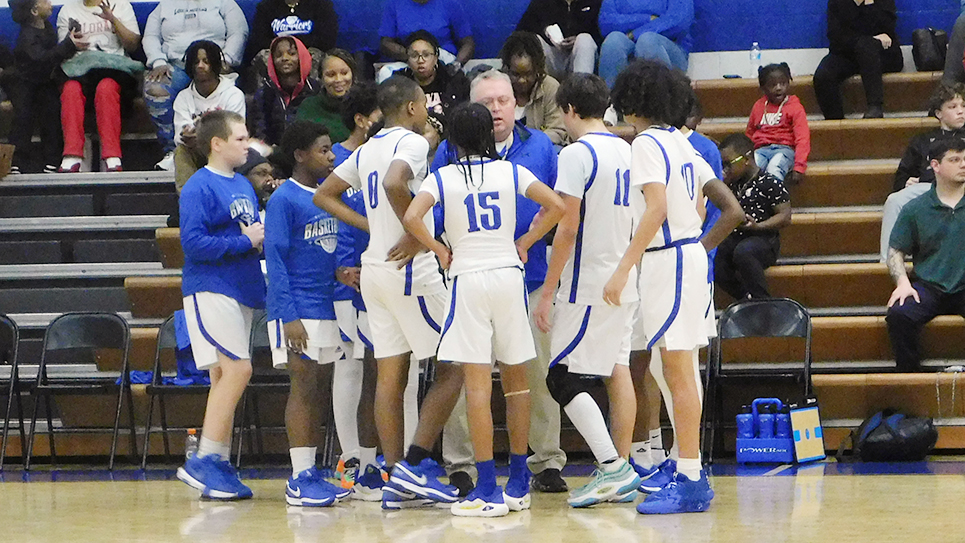By Sally Absher
sallyabsher@knoxfocus.com
Last week the House voted to renew the controversial No Child Left Behind (NCLB) law, with Republican leadership narrowly defeating the wishes of both conservative members of their own party, and all Democrats.
HB 5, the Student Success Act, passed on a vote of 218-213.
The 2002 NCLB law expired in 2007. Since 2011, the Obama administration has been issuing waivers from NCLB under Race to the Top in response to demands from states and school districts.
The Hill reports: Conservative lawmakers had pushed for the adoption of several amendments allowing schools to opt out of No Child Left Behind requirements. Only one of those amendments, from Rep. Matt Salmon (R-Ariz.), was adopted, with lawmakers voting 251-178 to allow parents to exempt their children from testing.
“Parents are becoming increasingly fed up with such constant and onerous testing requirements, as well as the teachers,” Salmon said during floor debate.
A separate amendment from Reps. Mark Walker (R-N.C.) and Ron DeSantis (R-Fla.) would have allowed states to opt out of No Child Left Behind and still receive federal funding, but failed 195-235, with 49 Republicans aligning with Democrats to defeat it.
Pushback from conservatives and unanimous opposition from Democrats differs from the original 2002 law, which was hailed as a major bipartisan compromise between then chairman of the House Education and the Workforce Committee John Boehner (R-Ohio), the late Sen. Ted Kennedy (D-Mass.), and President George W. Bush.
Those on the left are objecting to a provision in the House bill that they fear will deprive schools with low-income populations of adequate funding. The measure would allow federal funds provided to high-poverty localities to “follow” students who transfer to another school, even if they enroll in a wealthier school that doesn’t have as tight a budget.
Federal funds “following” students is code for a federal voucher program.
Meanwhile, the Senate continues consideration of their version of legislation to renew NCLB, S.1177, called the Every Child Achieves Act (ECAA). If it passes, it will have to be reconciled with the House bill, which (theoretically) gives states more authority over education policy.
The Hill reports, “even if Congress manages to negotiate a compromise, there’s no guarantee that President Obama will sign it, as the administration has expressed opposition to both the House and Senate bills.”
Contrary to the slick PR and talking points, the Senate’s ECAA, brought to you by Tennessee’s own senior senator Lamar Alexander, is no better than NCLB, and in many ways, worse.
At 792 pages, the bill is 122 pages longer than the burdensome NCLB law. A former Speaker of the House once remarked, “We have to pass the bill to know what is in it.” Congress is counting on the fact that few people will actually read these bills.
As with HB 5, the language in the ECAA does not restrict the U.S. Department of Education’s (USED) role in public education, but simply replicates existing protections. Proposed provisions fail to provide an enforcement mechanism for states.
ECAA requires states to have College-and Career-Ready Standards, code language for Common Core Standards. This is important. ECAA requires states to align to the Common Core Standards, and requires those standards to be aligned with federal workforce standards and early childhood standards.
ECAA continues the same USED master-servant relationship, requiring states to submit their education plans to USED for approval. If a state fails to meet the requirements of a listed program, the USED can force the state to make the mandated changes. ECAA also details the framework of the state’s accountability systems.
Furthermore, The ECAA retains the federal testing mandates, continuing the NCLB “teach-to-the-test” environment. ECAA penalizes schools that do not enforce that 95 % of their students take the state assessment.
Education researchers Heidi Huber and Jane Robbins note, “ECAA doesn’t ignore the ‘opt out’ movement – in fact, it adds language that effectively encourages the states to lower the boom on noncompliant students and parents.”
ECAA dictates particular tests that are very expensive; the tests inject intrusive psychological data collection and profiling into the assessments. ECAA maintains NCLB’s requirement that states produce individual student interpretive reports that contain behavioral skills.
ECAA allows NAEP to implement the probing of students’ psychological traits (e.g., “mindsets,” “grit,” etc.), and could require all states to submit detailed student profiles to USED. Furthermore, ECAA eliminates NCLB’s prohibition against very personal items – family beliefs and attitudes, psychological data. What is the government going to DO with all that data?
ECAA extends the tentacles of federal control into public preschools, through Early Learning Alignment and Improvement Grants. This includes childcare and Head Start, but the grants expire in three years. (Who picks up the cost when the grants expire?)
ECAA requires statewide preschools to align with federal standards under Head Start and Child Care and Development Block Grant (CCDBG). While there is nothing wrong with preschool, per se, Head Start has a poor history of success and is not a program to model after.
These bills continue the Federal Government over-reach into areas delegated to the states. Even the names of the bills – “Student Success Act” and “Every Child Achieves Act” are Orwellian in nature. This should concern conservatives and liberals alike. Education is best left up to the states and local education authorities. NCLB does not need to be renewed – it, along with the Department of Education, needs to be retired.






